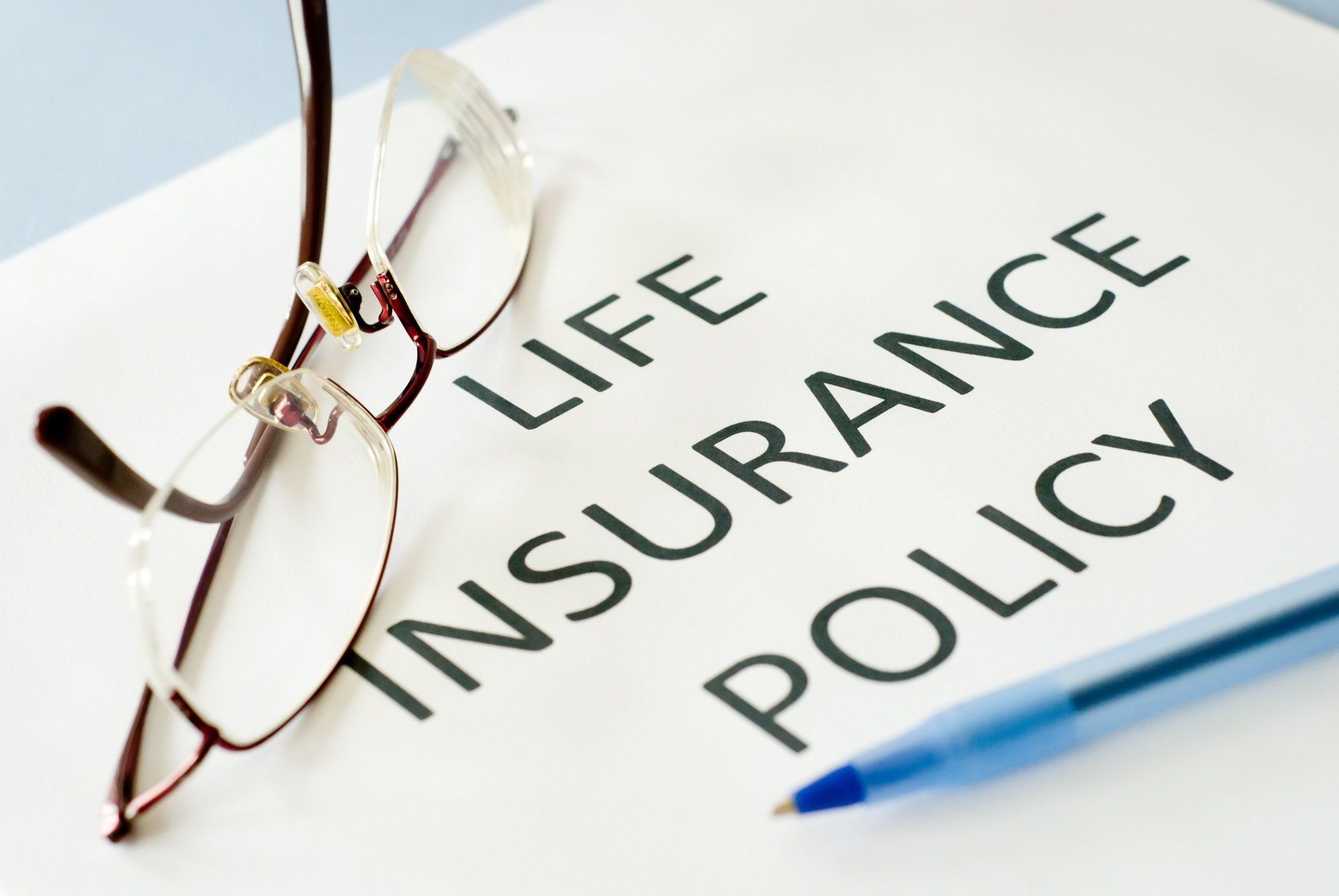What Assets Are Exempt From Probate In Florida?
Many Florida residents think a will is sufficient to ensure their assets are fairly distributed after death. While certainly helpful as an estate planning tool, your will and assets must still go through probate, which is an expensive and time-consuming process.
Fortunately, some assets are exempt from probate, meaning that with an effective estate plan, you may be able to help your loved ones avoid stressful proceedings or at least keep them as simple as possible.
So, what assets are exempt from probate in Florida?
Let’s go over some of the basics first.
What Is Probate?
Probate is an important legal process supervised by the court conducted to ascertain the validity of the will and see to it that the assets are distributed fairly to the decedent’s beneficiaries.
In Florida, probate can be either formal (necessary for estates valued higher than $75k) or informal (often referred to as a
summary administration). Logically, informal probate is quicker and typically less expensive.
Assets that have to go through probate mostly include the ones titled in the name of the decedent, as these assets may not have any other way to be retitled to the beneficiary. A good example is bank accounts that don’t have a designated beneficiary. Probate will thus be necessary to figure out how these assets will be divided. A similar thing also applies to real estate not considered a homestead property.
If you leave a will, upon confirming its validity, the probate court will appoint a personal representative (an individual you named in the will) and authorize them to divide assets according to your wishes. On the other hand, if you pass away without a will, you’re considered to have died intestate, and the probate court will divide your assets in accordance with Florida’s intestacy laws.
We mentioned how time-consuming probate can be. This may also apply to cases where a descendent left a valid will and the estate is fairly large. On average, the entire process may take anywhere from a few months to a year.
Plus, probate can also be expensive as there are various fees your surviving family will have to pay out of the estate itself. This can deplete the decedent’s assets, which is why many people try their hardest to avoid probate in the first place.
We’ll cover some of the prime estate planning techniques for avoiding (or at least simplifying) probate after we cover what assets are exempt from probate in Florida.
Assets Exempt From Probate
Regardless of the value, some assets are legally not required to go through probate. These include:
I. Any Assets in Revocable Trusts
When you place assets in a revocable trust, they are owned by the trust itself. As such, these assets won’t be required to go through probate-.
II. Assets with Designated Beneficiaries
Assets with named beneficiaries are exempt from probate. This is common for life insurance policies, retirement funds, and similar assets.
III. Joint Accounts
Joint accounts generally pass to the surviving owner.
IV. Tenancy by Entireties
Tenancy by entireties refers to jointly owned assets between spouses, such as real property or vehicles. These are also exempt from probate. The only exception to this rule is if the asset is inherited by another beneficiary through the will, in which case the probate court will determine how these assets will be divided.
V. Homestead Properties
Primary residences are referred to as a homestead, and along with being exempt from creditor claims, they also don’t need to go through probate. Still, this only applies if the property hasn’t been abandoned. What do we mean by that?
The owner can leave only temporarily. In other words, they must always return or intend to return to the property. While relocating due to illness is not abandoning the property, in the eyes of the law, permanently relocating to a nursing home due to illness may be considered abandonment.
It’s also worth mentioning that the personal representative of the estate may have to obtain a court order to confirm the exempt status of the homestead property, especially if the beneficiaries plan to sell it.
VI. Vehicles
Vehicles used regularly by the decedent that weigh less than 15k pounds don’t need to be probated.
VII. Assets in the Decedent’s Primary Residence
Belongings in the primary residence of the decedent are exempt if they’re valued up to $20k. However, there are exceptions. Artwork and jewelry will have to pass probate even if they’re low in value.
VIII. Tuition Programs
Qualified tuition programs (established by a state agency or an eligible educational institution), together with educator death benefits, are generally probate-exempt.
So, that gives you an idea of what assets are exempt from probate in Florida.
How To Avoid Probate
You can avoid probate or minimize the amount of assets that go through it by using the following methods:
- Put Your Assets in A Trust:
since assets in the trusts are technically not owned by you, they won’t have to go through probate.
- Reduce Your Estate by Gifting Assets: you can bring down your estate to under $75k to make it eligible for summary administration. One way to do this is to gift assets to your beneficiaries while you’re still alive.
- Title Some Properties as Joint Tenancy:
you can transfer assets to a beneficiary without probate by titling some of your properties as joint tenancy.
- Title Eligible Assets as Transfer on Death: by titling brokerage, bonds, and other types of assets as transfer on death, you will minimize the amount of your probate estate.
An estate planning attorney will help advise you on other methods of avoiding probate that apply to your specific circumstances.
Safeguard Your Assets
Without a solid estate plan, your family will go through a laborious process at the most sensitive time. Moreover, probate can also put a significant dent in your estate, which means your beneficiaries won’t inherit as much as you expected.
To safeguard your assets and make sure your wishes are followed, let the experts as
Doane & Doane create a foolproof estate plan. We’ve been a mainstay in the Florida legal scene for over two decades and our reputation speaks for itself.
Get peace of mind - call
561-656-0200 or fill out our
contact form.
Note:
The information in this blog post is for reference only and not legal advice. As such, you should not make legal decisions based on the information in this blog post. Moreover, there is no lawyer-client relationship resulting from this blog post, nor should any such relationship be implied. If you need legal counsel, please consult a lawyer licensed to practice in your jurisdiction.
Disclaimer: The information on this website and blog is for general informational purposes only and is not professional advice. We make no guarantees of accuracy or completeness. We disclaim all liability for errors, omissions, or reliance on this content. Always consult a qualified professional for specific guidance.
RECENT POSTS






